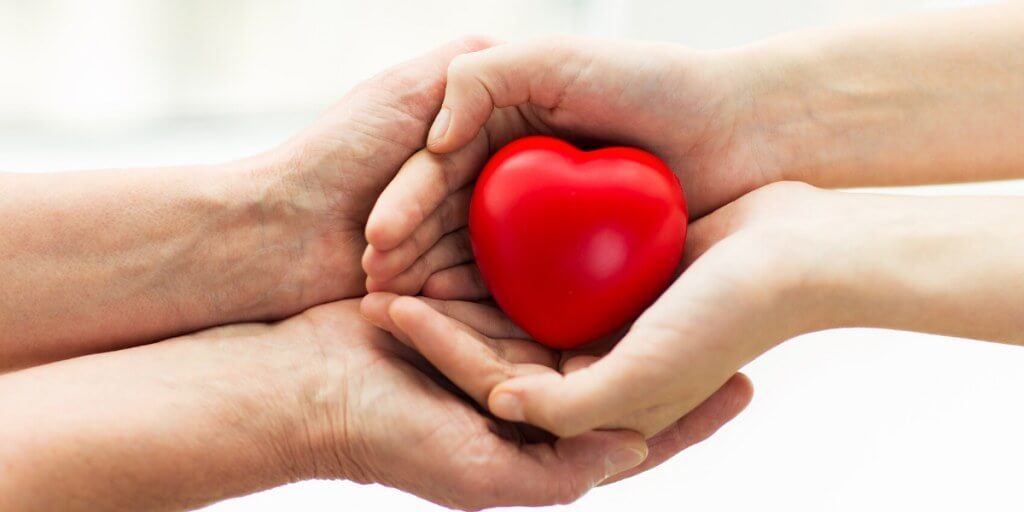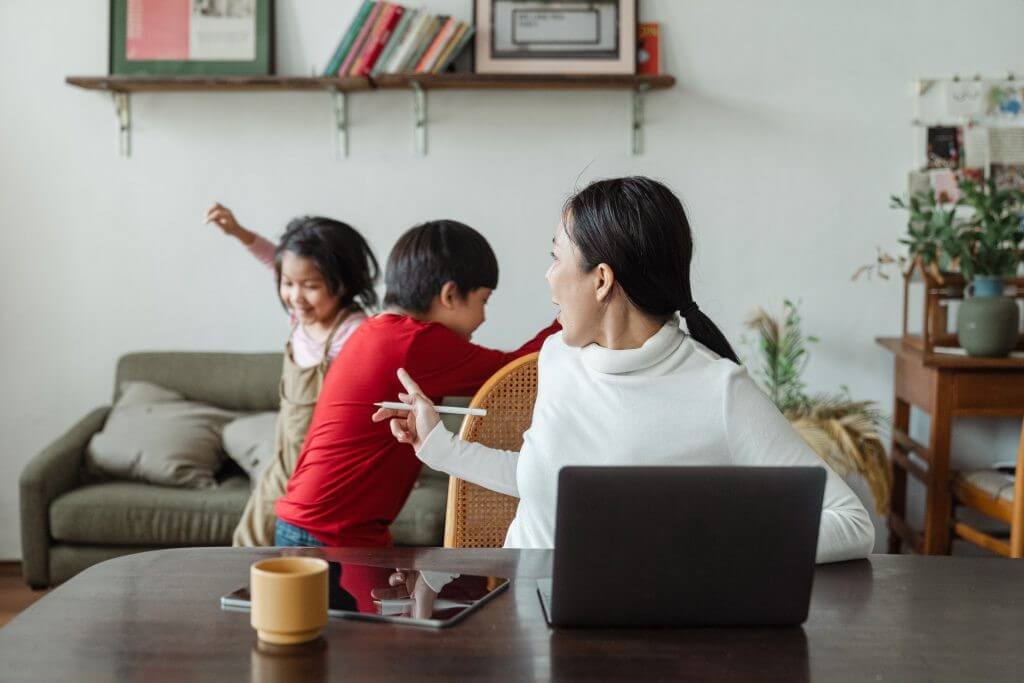Caregiving is a hard job. It is challenging even when we are caring for a loved one and we want to be their caregiver. When we add in the normal realities of day to day life it can become a source of stress. When the stressors in our life go up, like now, it can become completely overwhelming. How can we cope with caregiving in the midst of Covid 19?
Coping with Quarantine
How can we deal with the forced isolation of quarantine? The first step is to recognize what is happening, what those impacts will be, and
how to manage those impacts. You need to make a plan, and if your loved one is well enough, include them in it. Who should be contacted if you get sick or have been exposed to Covid 19? What items can you get in larger quantities to reduce trips with potential exposure? What delivery services are available in your area to simplify your life and limit your exposure? If you have services that come to your house, are they continuing? If so, what precautions are they taking to prevent spread? Once you’ve answered those questions you also have to make sure that you minimize risk to you and to your loved one, practice self-care, and utilize routines to help you.
Reducing Risk
The first thing you need to remember is to keep yourself well. As a caretaker it is important to reduce your risk, and in doing so you will also reduce the risk to your loved one. Make sure that errands you run are essential. If possible, take advantage of curbside pick up or delivery services. Postpone unnecessary doctor appointments, and if you have necessary ones, ask if the appointments, checks, and labs can be combined into a single stop. Some doctors are using telemedicine for patients that qualify. Avoid crowds, try to maintain at least 6 feet between you and others not in your household.
When you go out, it is worth considering wearing a mask. Even though N95 masks, a type of respirator, offer the most protection and cloth masks do not filter out as many virus particles, they can still be important. Wearing a mask serves as a visual reminder to others to stay 6 feet away. Scientists have found that the more virus particles you are exposed to the more sever your symptoms may be.[1] [2] And wearing a mask may help prevent the droplets.[3]
Good Hygiene
Washing your hands frequently with soap and water for at least 20 seconds with help prevent infection. You should wash your hands before and after providing care, preparing food, using the bathroom, or touching public surfaces. As hard as it is, try to keep your hands away from your face. And clean frequently touched surfaces in your home. This includes phones, door knobs, handrails, walkers, and other medical equipment used by your loved one.
If you have help that comes to your home having a hand sanitizing station by the door and asking them to wear a mask to protect your loved one is a good idea. If your loved one has a neurological condition, you can also put up reminders with visual cues for your loved one to remember to wash their hands or use hand sanitizer.
Self-Care
Part of keeping yourself well is practicing selfcare. We have written before about the importance of self-care (here and here) because it truly is key to successful caregiving. You cannot be an effective caregiver if you do not take care of yourself. Make sure you are taking care of your needs: shower, eat regular meals, and be kind to yourself. It is ok to have a pajama day, but if you’ve had a pajama week, it might be time to put on a nice outfit and do your hair. Science has shown that taking time to get yourself ready for the day helps break up the weird never-ending time warp of quarantine.[4] It will be easier to feel motivated if your brain gets cues that you are getting dressed and ready for the day. [5]
Dealing with Routine Interruption
Eating regular meals and sticking as close as you can to your pre-quarantine routine will help you feel better and have more energy. It is okay to indulge occasionally, but you should make sure that you are eating healthy meals and snacks that take care of your body’s physical needs. If you can, incorporate a short exercise break during your day. Maybe it is a walk in the morning or the evening, maybe it is 5 minutes of stretching and deep breathing break during that afternoon slump. But it is important to be kind to yourself. Do not create unrealistic expectations of what you should be able to do or learn because you are home. Give yourself grace and recognize that this is hard for everyone.
Creating a schedule and sticking to it will allow give your loved one a sense of security and routine and allow you to make time for yourself. You may not be able to get one large block, but you can set a schedule that gives you the time that you need.
Dealing with Anxiety
As part of selfcare, you should try to avoid anxiety. You cannot change the news. You cannot eliminate Covid 19. But you can control how much you think about it. You should limit your news consumption. Pick a time of day, or maybe two and only read or watch the news then. Maybe you listen to the local news while you get ready in the morning and watch the news at night as you wind down from your day. But if that is the schedule you pick, do not start checking your phone or computer for news throughout the day, too. Make sure you keep your news sources reputable and focused on facts. When you explain what is going on to your loved one make sure you do it in a way that will not increase their anxiety.
For example, if your loved one is suffering from Alzheimer’s, dementia, or a neurological problem, they will still recognize the disruption to their routine and the stress you are feeling. Avoiding talking about it or acting like everything is normal may cause them more stress and in turn create more stress for you. Avoid words like “pandemic” or “isolation” when explaining the situation. Instead try being truthful in a way that allows your loved one to continue feeling safe and loved. You might say, for example, “right now there is a bug going around, so to keep us healthy we have been asked to stay at home and not have visitors, even other family members. But our family is safe and healthy and in time things will go back to normal.”
Dealing with Forced Isolation
By acknowledging why visitors cannot physically come you will have helped your love one feel less isolated, but it won’t eliminate feelings of loneliness. Sitting on the front porch and waving to neighbors walking by or saying “Hello” to the mail carrier can help foster a sense of connectedness.
Having family members write letters or send cards is another great way to help your loved one feel cared for and not forgotten. If
your loved one is able, inviting them to help you sort through photos and memorabilia can be a great way to spend time together and enjoy happy memories they inspire. Maybe you will even learn a new recipe or an old family story.
Technology is another great way to stay connected. Video chatting with smartphones, laptops, or tablets can help people feel less lonely. You can use apps to help those with hearing challenges to remain involved. You can schedule times with friends and family to make these calls.
Remember the Power of Positivity
Following these steps will not take away the challenges. Some days will still feel stressful. This does not make you a failure. Everyone struggles. It is important to reach out if you need help. You can get help with teletherapy or through caregiver support groups. It is also important to stay as positive as you can. Look for ways to re-frame the situation. Maybe, instead of “stuck inside” you have the chance to “focus on my home and myself.” Or maybe you can be glad that you are “safe at home.” You can read more about how to reframe your thoughts at use the power of positivity here. Lastly, remember that kindness is key. Remember that everyone can benefit from a little extra kindness right now. And tell your loved one and yourself, “You are safe, and you are loved.”
[1]https://www.thelancet.com/journals/laninf/article/PIIS1473-3099(20)30232-2/fulltext
[2] https://www.cebm.net/covid-19/sars-cov-2-viral-load-and-the-severity-of-covid-19/
[3] https://www.medrxiv.org/content/10.1101/2020.04.19.20071779v1
[4] http://www.columbia.edu/~ms4992/Publications/2015_Slepian-Ferber-Gold-Rutchick_Clothing-Formality_SPPS.pdf
[5] https://www.scientificamerican.com/article/dress-for-success-how-clothes-influence-our-performance/







